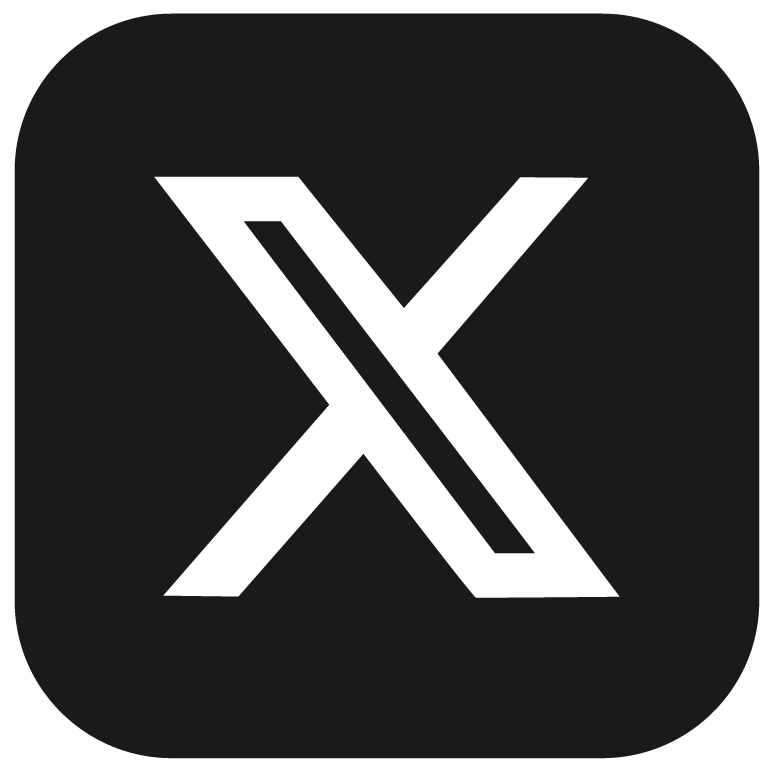NCMS is assisting the US Navy in seeking a partner with capabilities to develop a custom weld shaver tool to prevent over prepping.
Background
Routine hull maintenance is required on all US Navy seabound applications. When hull cuts are welded back by maintainers, they must be prepared for inspection. Maintainers currently use grinding wheels to prepare welds. Preparation involves removing metal and blending it with adjacent surfaces. At times, a maintainer’s view can become obstructed while grinding surfaces. Visual obstructions and improper use of the grinder can lead to over prepping, resulting in low spots on hulls. This can cause hulls to become too thin and fail inspections, leading to scheduling delays and increased maintenance expenses.
Solution Sought
The US Navy is seeking a partner with the capabilities to develop a custom weld shaver tool to prevent over prepping. This custom tool will “shave” the weld down, leaving a consistent machined surface. This tool will be capable of providing the user the option to shave the weld down in multiple passes to ensure the consistency throughout the welded surface area. Users operating orientation of the shaving process will range from prone to overhead. (See included image)
Required Capabilities
- Ability to shave welds between 2.00–2.25 inches wide *As close to flush as possible, without going beyond.
- Weld clearance width of 3.5 inches
- Course and fine depth adjustment
- Locking depth adjustments of 1/32 inch
- Weld crown between 1/4 and 5/8 inches tall
- Replaceable tooling head and cutting bits
- Handheld / operator assisted
- Material is HY80 or HY100
Responses
Interested parties should complete the following form and provide a white paper response with no more than three (3) pages, not including a cover page, using the format below. Responses are due on July 21, 2023. All questions or concerns can be addressed to opportunities@ncms.org.
White Paper Response:
- Describe the general approach to providing a solution.
- Describe assumptions.
- Provide high-level project schedule and timing.
- Provide high-level cost to design and build.
- Describe recent and relevant experience.
- Provide URLs to corporate presentations including engineering, modeling, simulation, prototyping, testing, and manufacturing capabilities.
Disclaimer and other Legal Information
NCMS encourages the participation of Disadvantaged Business Enterprises (DBEs), including Minority Business Enterprises (MBEs) and Women’s Business Enterprises (WBEs).
Responding to a Sources Sought, RFI, or Survey does not guarantee that a CTMA Program initiative will result. By submitting a response, you are agreeing to allow NCMS to share your information with the United States government. All submissions containing proprietary information shall be marked accordingly.
Any industry or academia participant awarded a contract by a participating government sponsor pursuant to a Sources Sought, RFI, or Survey will be compensated, under the agreement, on a cost-reimbursable basis. Each project participant will be expected to share in the total project cost by contributing cash or in-kind resources.
Under the CTMA Program, the parties shall limit participation on the project to (1) U.S. citizens, (2) lawful permanent residents as defined by 8 U.S.C. 1101(a)(20), (3) other protected individuals as defined by 8 U.S.C. 1324b(a)(3), and (4) Canadian citizens (pursuant to the principles underlying the Canada-U.S. Free Trade Agreement), if such participation will involve visual inspection of the Technology, Intellectual Property or Technical Information, or oral exchanges of information about the foregoing. We also require the project participants to furnish NCMS, upon request, with proof of the citizenship status of its personnel participating on the project, including (1) U.S. citizens; (2) legal permanent residents; and (3) foreign nationals who are not permanent residents. In instances where it is necessary to involve foreign national employees in the visual inspection of the Technology, Intellectual Property, or Technical Information, or oral exchanges of information about the foregoing, the parties will be required to furnish to NCMS proof of appropriate valid export license, or technical assistance agreement, or exemption from licensing requirements (e.g. Canadian exemption) to the extent required by the International Traffic In Arms Regulations (“ITAR”) or the Export Administration Regulations (“EAR”). A copy of such license or agreement shall be furnished to NCMS before any disclosure of information to such foreign person. In the event a party believes that the subject matter of the project agreement is not covered by ITAR, that party may request a written waiver of the requirements of foreign national provision in the CTMA Agreement, which may be granted if the NCMS contracting officer agrees that ITAR does not cover the subject matter.
These requirements also apply to individuals who have dual citizenship status.




